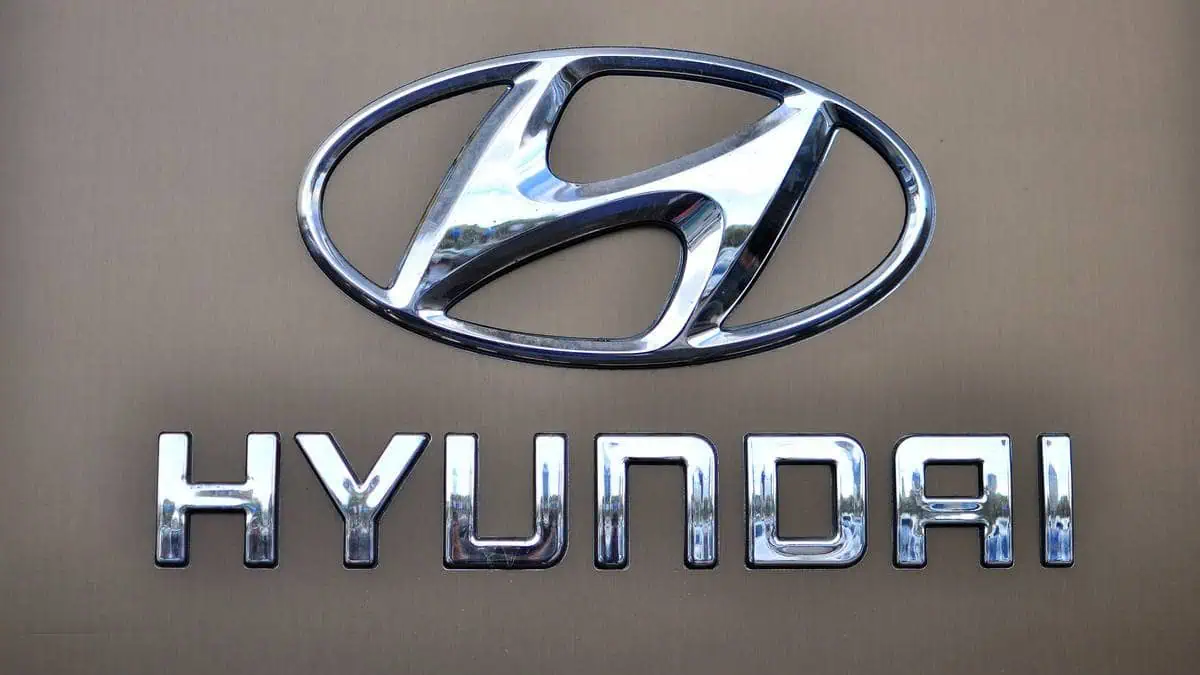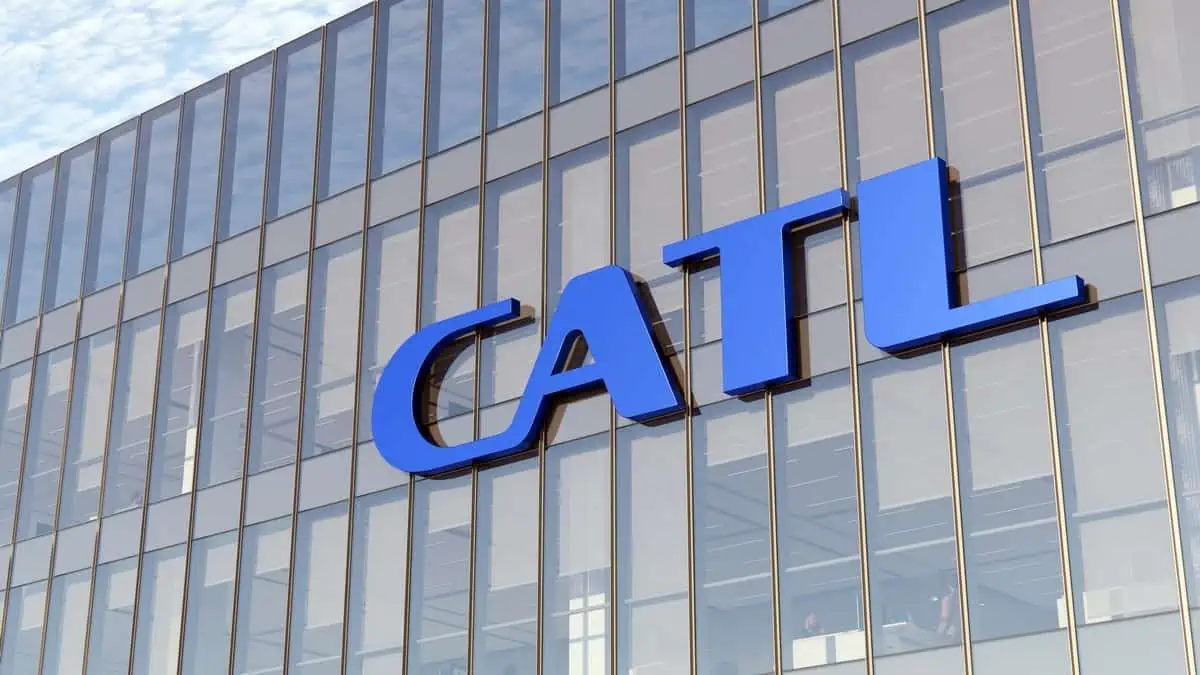South Korean automaker Hyundai announced Tuesday its newly developed business strategy, “Hyundai Motor Way,” at the company’s 2023 CEO Investor Day.
As part of the new strategy, Hyundai aims to reach an annual sale of 2 million electric cars by 2030, a notable adjustment from its initial 1.87 million sales target last year. That figure would account for about a third of the brand’s overall car sales, up from the 8% Hyundai expected this year.
Hyundai Motor Way highlights
Sales target and investments
Apart from the adjusted sales target, Hyundai also announced that it will invest 109.4 trillion won ($85 billion) from 2023 to 2032.
Notably, the automaker will allocate that significant investment to “future businesses, such as autonomous driving, hydrogen, robotics, and advanced air mobility.”
Of that total, 35.8 trillion won will go to the company’s electrification efforts for the next decade. Some projects include next-gen EV modular platform development, EV production output improvement, battery tech development, and future endeavors.
Key markets
To hit its 2 million annual sales target, Hyundai aims to accelerate its domestic EV production in its three major markets: South Korea, Europe, and the US. It is undoubtedly a good strategy, given that these countries now offer incentives for local EV production.
For context, Hyundai recognizes the US as its largest market. Therefore, it expects EVs to contribute three-quarters of its overall car production in the country by 2030, up from just 0.7% today.
In contrast, the automaker aims to reduce its Chinese operations as it apparently lost significant share to local rivals. That said, Hyundai plans to consolidate its Chinese portfolio from 13 models to just 8. It will now focus on high-end models and SUVs, including its Genesis premium brand.
NACS adoption
Hyundai also said it would consider adopting Tesla’s North American Charging Standard (NACS).
It would be unsurprising if Hyundai would soon announce a decision to equip its next-gen EVs with NACS, considering the growing number of automakers and charging companies that already supported Tesla’s push for the technology.
Ford was the first to announce a partnership with the Musk-led automaker for the charging standard, followed by GM and Rivian.
Battery technology and next-gen platform
Hyundai also indicated its plan to invest a total of 9.5 trillion won ($7.4 billion) for its next-gen battery development over the coming 10 years as it aims to solidify its presence in the global market.
According to the automaker, it aims to produce an innovative lithium-iron-phosphate (LFP) battery by 2025, more affordable chemistry than the li-ion battery that has stimulated China’s EV uptake.
Nonetheless, Hyundai will source over 70% of its batteries through major joint ventures by 2028 and beyond.
“Joint research and equity investment in startups to accelerate the development of next-generation batteries is also under way.”
Hyundai
In addition, Hyundai will also develop and produce the Integrated Modular Architecture (IMA) for its futuristic EV-dedicated platform. The automaker indicated that the new platform would succeed its current E-GMP EV platform.
Hyundai noted the brand’s expertise and innovation heritage from internal combustion engine-powered (ICE) vehicles, demonstrating its commitment to reach 100% electrification under the new business strategy.
“The value of cultivating human-centered innovation by further developing technology inherited from the past is the distinct heritage a company with a rich legacy can provide.
As it originated from Pony, the IONIQ 5 N—a high-performance EV scheduled for unveiling in July—will embrace and carry forward the enduring heritage of Hyundai Motor Company.”
Hyundai President and CEO Chang
See Also:
- Hyundai Motor Group’s next-gen EV drives up to 800 km between charges
- Hyundai BEV sales grew 78% YoY in May 2023 in the US
- Hyundai, LG to establish a $4.3 billion EV battery factory in Georgia
- Hyundai will showcase its award-winning electric cars to CCIA
- Ioniq 6 expanded Hyundai US BEV sales in April 2023
All that said, Hyundai expects to have an operating profit margin of 10% or even higher in its EV business by 2030.






